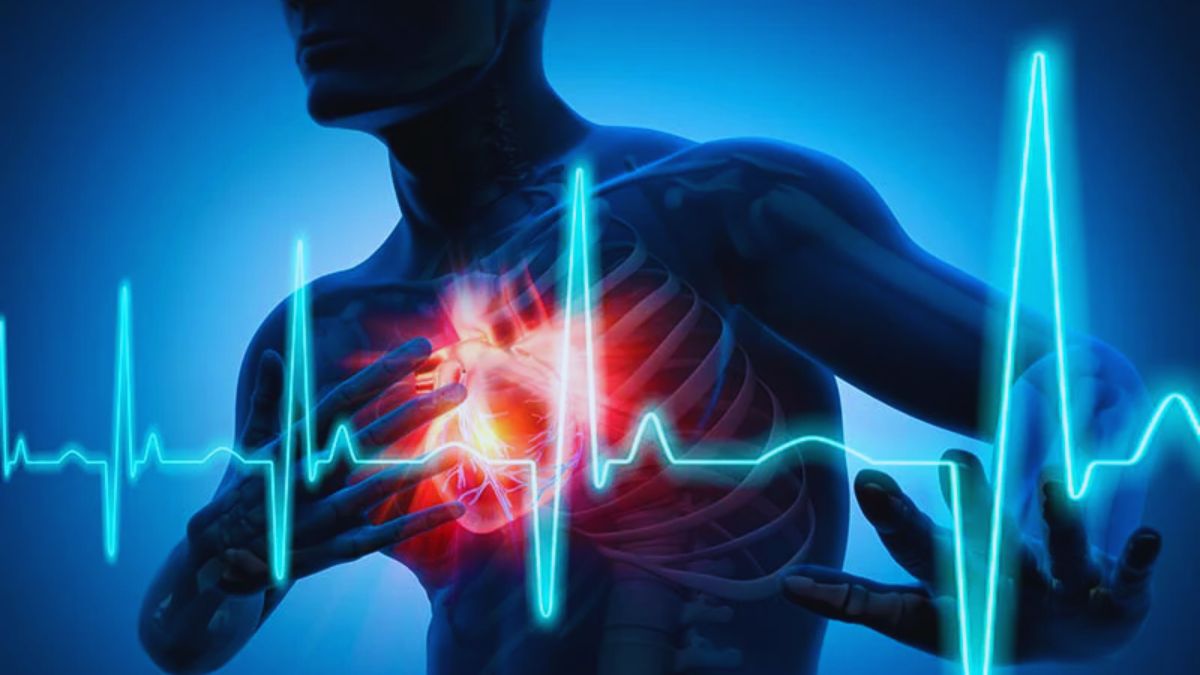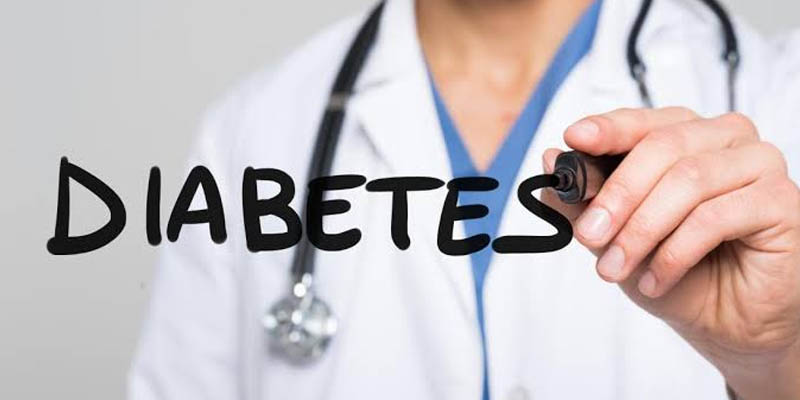Heart diseases have been of one of the leading causes of death globally, and heart attacks account for a significant portion of these fatalities. Off late, several cases of cardiac arrest and heart attack have come into limelight, especially amongst the younger and middle-aged population. While people assume both to be similar, cardiac arrest and heart attack are actually distinct.
While heart attacks are often perceived as sudden and unexpected events, the truth is that they are frequently preceded by subtle signs that the body gives out well in advance — sometimes even a month before the actual event. Recognizing these early warning signs early can be lifesaving.
This article explores five common signs/key symptoms that may appear up to a month before a heart attack; and emphasizes the importance of acting quickly and seeking medical advice if you experience any of them.
5 Early Warning Signs of a Heart Attack
1) Chest Pain & Heaviness – Any kind of on-and-off pressure, feeling of fullness, or heaviness in the chest could signal an impending heart attack. This discomfort may radiate to the arms, jaw, neck, or back. It’s often not sharp pain but a heavy sensation, like something pressing on your chest. Don’t ignore this warning sign. Sometimes, one side of the body or a body part may become numb as a result of this pain.
2) Unusual Fatigue – If you feel drained even after a good night’s sleep or tire easily while doing routine activities like walking or climbing stairs, it could indicate reduced blood flow to your heart. Unexplained fatigue/tiredness – especially common in women is a crucial early red flag and should lead to immediate medical attention.

3) Heavy/Shortness of Breath – Difficulty in breathing during light activity or even at rest period could mean your heart isn’t pumping blood efficiently. This may cause fluid buildup in the lungs. If breathlessness is new, worsening, or accompanied by chest pain or being really tired/lethargic or low energy constantly, consult a doctor immediately. It could appear weeks before a heart attack.
4) Palpitations – This early warning sign involves feeling your heart race quite fast, skip beats, or flutter unusually high, even more than just anxiety. These irregular rhythms can signal that the heart is under stress. If palpitations are paired with dizziness, breathlessness, or chest pain, seek urgent care as they may precede a heart attack. Palpitations must be addressed as a warning sign quite pro-actively to control the onset of other related symptoms too.
5) Sleep Cycle Imbalance – If you face trouble falling asleep, staying asleep, or waking up tired – especially with symptoms like night sweats, waiting for air or breath to comeback, or high anxiety – then these signs may indicate a heart attack in the future. When paired with fatigue or chest discomfort, sleep issues may be an early warning sign of heart trouble that should not be overlooked.
Additional Symptoms to Watch Out For
- Nausea or light-headedness
- Cold sweats
- Sudden anxiety or a sense of worry constantly
- Indigestion-like sensations not relieved by medication
While these symptoms may be caused by less serious conditions, their continual persistence or unusual nature must be checked with medical attention. In many cases, especially in diabetic or elderly individuals, a heart attack may occur without the classic symptoms, making awareness even more critical.

Seek Immediate Help
Don’t take a ‘wait and watch’ approach. If you or a loved one experiences any of these symptoms even mildly, seek immediate medical help. Quick action can be the difference between life and death. Early detection and timely intervention are vital in preventing a full-blown heart attack.
- Seek medical attention immediately.
- Request an ECG, blood tests and may be a stress test too.
Prevention is Better than Cure
Being proactive with your heart health can drastically reduce your risk of a heart attack. Here are a few preventive steps:
- Get regular health checkups – Especially if you are above 30 or have a family history of heart disease.
- Eat a heart-healthy diet – Rich in fruits, vegetables, whole grains and healthy fats. Avoid heavy, over spicy and extremely oil food frequently.
- Exercise regularly – Even 30 minutes of walking a day can make a big difference.
- Quit smoking – This is a major cause and must be stopped. Also, limiting alcohol intake is a major game-changer.
- Manage stress – Emotional health has a direct impact on heart health so staying positive, happy and stress-free is a crucial element.
A heart attack rarely comes without warning. Your body often sends subtle signs, sometimes as early as a month in advance. By understanding and paying attention to these early symptoms, you can act before it’s too late. Remember, early detection saves lives. Don’t ignore the whispers from your heart — they might just save it.
After all, prevention and detection are better than cure!



